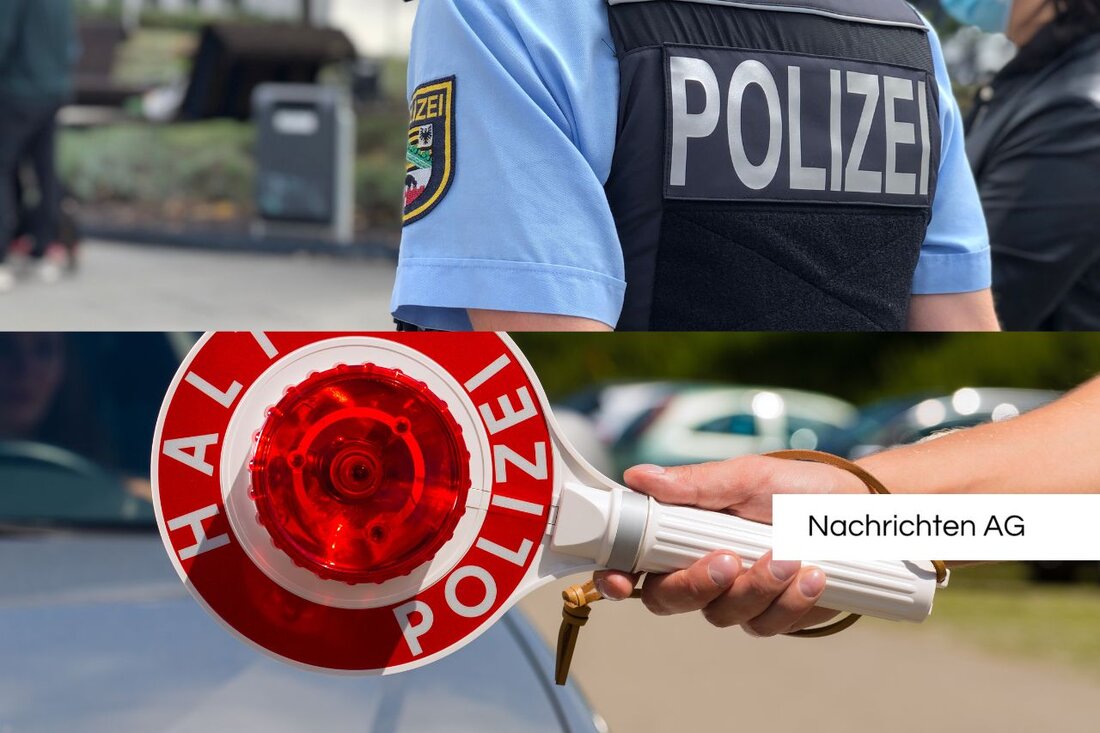Security debate in Villach: Gleinfried warns of digital extremism!
State Secretary Leichtfried discusses security policy, extremism and integration on July 4, 2025 in Villach.

Security debate in Villach: Gleinfried warns of digital extremism!
State Secretary Jörg Leichtfried has addressed central questions of modern security policy in Villach. Together with Mayor Günther Albel, he dealt with the increase in extremist motivated tendencies and the threat of digital networks. A particularly alarming point was the doubled digital radicalization since 2022, which can be observed in the younger population. Leichtfried found that extremist groups use social networks, messenger services and gaming platforms to manipulate children and adolescents. It is a worrying tendency that should not be unnoticed.
It was also important to visit a police station, where Leichtfried emphasized the need for reforms in the integration area. He defined social security as life in a democratic and tolerant society in which neither fear nor violence should have a place. The SPÖ municipal council club in Villach made it clear that language, education and work are seen as a fundamental basis for a permanent stay. It is also part of the fact that people who have become delinquent must leave the country, but taking into account the rule of law and human dignity.integration and responsibility
Mayor Albel emphasized the successful integration work in Villach, making it clear that this work required clear rules, language skills and mutual respect. "Responsibility for the community and values," says Albel, "are necessary to ensure a harmonious living together." In this context, he emphasized the importance of monitoring endangers in digital space. This measure is intended to help combat extremism and violence in good time.
The shooting report "Mainstreaming and radicalization on social media", which was published in November 2022, addresses online radicalization and strategic shift in public discourse towards more radical positions, without seeing direct association with specific ideologies. This can reduce the quickness of reaction to extremist ideologies and solidify their influence in society. The protest events around the Covid-19 pandemic clearly illustrates the role of social media for the communication strategies of extremist actors, which underlines the reception of narratives in individual radicalization processes, such as constitutional protection.de reported.
extremism in digital space
In the digital space, extremists use various communication channels to spread their beliefs and skillfully place ideological ideas in the medial mainstream. Social media such as YouTube and Instagram in particular have established themselves as relevant platforms because they attract a large fan base among young and young adults. Materials on these platforms are often perceived without a clear extremist framework, which makes their campaigns particularly perfidious.
The increasing regulation of social media, for example through the network search law (NetzDG), means that private communication channels such as Telegram, are becoming more important. These channels allow extremists to exchange ideas off the public and to withdraw control by security authorities. The hidden communication, also known as "Dark Social", represents a significant challenge for the prevention of extremism, such as lMz-bw.de Explained.
State Secretary Leichtfried closed his explanations with the clear goal of promoting social security as well as democratic values and peaceful coexistence through clear regulations and courageous reforms. In view of the challenges resulting from digital radicalization, a coherent approach and more cooperation between politics, society and security authorities are essential.

 Suche
Suche
